Breaking
During the Munich Security Conference from February 13 to 16, 2024, Armenia was represented by Prime Minister Nikol Pashinyan, who held several key bilateral meetings:
- German Chancellor Olaf Scholz: Scholz reaffirmed Germany’s continued commitment to supporting
Armenia’s democratic reforms and efforts to foster peace in the region, highlighting the importance of continued cooperation. - OSCE Secretary General: Pashinyan engaged in talks centered on regional security, emphasizing Armenia’s commitment to stability and the role of the OSCE in facilitating peace and dialogue.
- President of the European Council: The meeting focused on the future of EU- Armenia relations, with a particular emphasis on strengthening ties and addressing challenges in the South Caucasus.
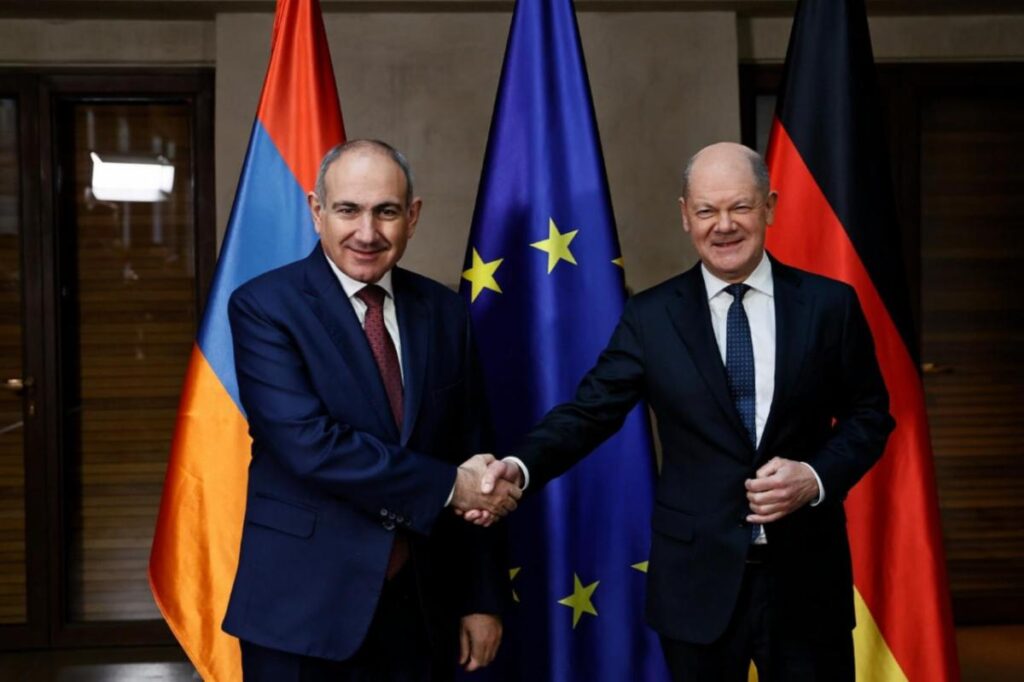
In addition to Prime Minister Pashinyan, Armenia’s Defense Minister Suren Papikyan attended the conference, holding significant bilateral meetings:
- Defense Ministers of Italy, Sweden, Luxembourg, Belgium, Netherlands, Cyprus, Estonia, and Lithuania: Papikyan discussed bilateral defense cooperation, regional security concerns, and Armenia’s role within NATO-led initiatives, emphasizing strengthened partnerships and shared security interests.

‘U.S.-Armenia Security Ties are Growing’, says Global ARM President in Interview
In an interview with CIVILNET, Global ARM President Timothy Jemal discusses U.S.-Armenia ties, Prime Minister Nikol Pashinyan’s first visit to the U.S. under the Trump administration, and holding Azerbaijan accountable for its aggression and anti-American policies.
‘The implementation of the U.S.-Armenia Strategic Partnership is now overseen by the Trump Administration. There is substantial bipartisan support in Congress for establishing a strong Strategic Partnership.
I believe the Trump Administration, with support from Congress and think tanks, will move in a positive direction to implement this partnership,’ states Jemal.
Urgent Communique: Foreclosure Process Against Properties of the Armenian Patriarchate of Jerusalem
The Armenian Patriarchate of Jerusalem has issued an urgent communique regarding a foreclosure process initiated by the Jerusalem Municipality over an alleged Arnona debt. The Patriarchate warns that this action is an attempt to economically pressure and diminish its presence in the Holy Land. The communique highlights the potential for this court ruling to set a dangerous precedent, which could negatively affect other Christian communities and their religious, cultural, and educational activities in the region.

Azerbaijan’s Ethnic Cleansing in Nagorno-Karabakh and Genocidal Policy
“Azerbaijan is Torturing Armenian Prisoners of War”: Legal Researcher and Lawyer Maria Gevorgyan
“Seeking justice in Azerbaijan is futile for individuals of Armenian descent.”
Center for Truth and Justice (CFTJ) investigations, including interviews with repatriated POWs and detainees, have documented that every interviewed POW reported enduring both physical and psychological torture, as well as inhumane treatment during captivity,” states CFTJ lawyer, Maria Gevorgyan. She also shared horrific insights from testimonies collected by the CFTJ. One Armenian POW recounted:
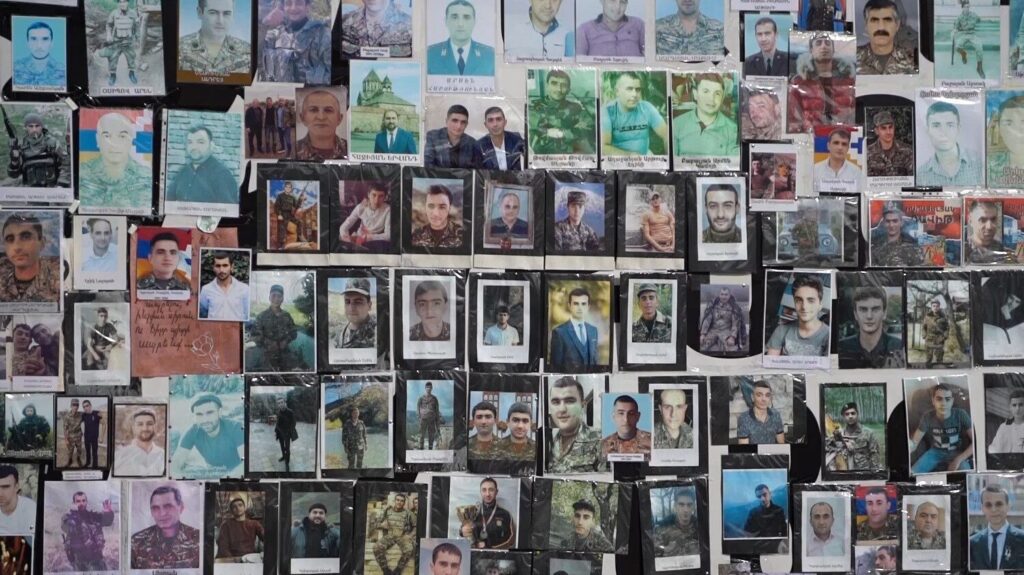
“Approximately twenty Azerbaijanis entered the cell and started beating everyone. They used batons, hammers, pliers, all possible construction equipment, chains, ropes, belts, etc., to beat us.” He added: “Once, a couple of Azerbaijanis entered the cell with a young civilian boy. He seemed to be the son of the Azerbaijani commander who also entered the cell. The Azerbaijanis threw one of the POWs in the middle of the cell. They gave the boy a rubber baton, and he started beating the POW over his head, legs, back, and stomach for a few minutes. One of the Azerbaijanis was filming this.”
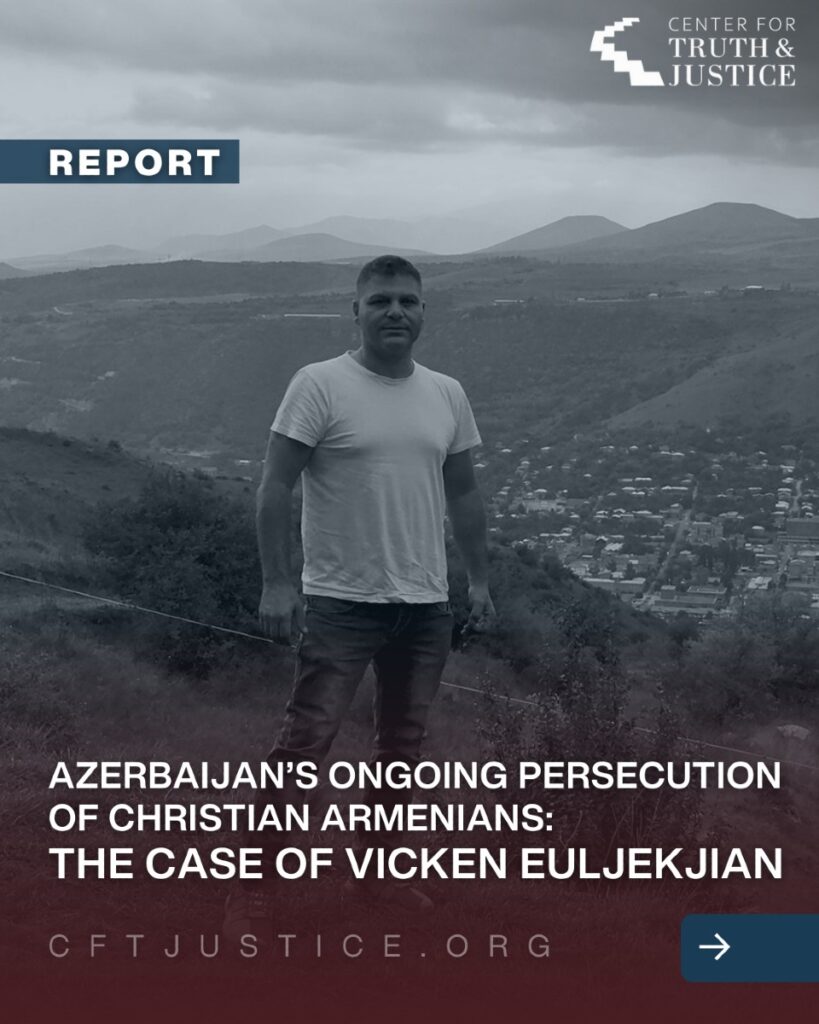
Azerbaijan’s Religious Persecution: The Unlawful Imprisonment and Torture of Vicken Euljekjian
Captured in Nagorno-Karabakh in 2020, Armenian- Lebanese citizen Vicken Euljekjian remains unlawfully imprisoned in Azerbaijan, enduring torture and abuse. Evidence suggests he was deliberately burned to erase his cross tattoo, highlighting Azerbaijan’s broader campaign of religious persecution against Armenians.
Images Show Systematic Erasure of Armenian Cultural Heritage in Nagorno-Karabakh
Armenian cultural and religious monuments have always been targeted by Azerbaijan in territories under its control, but the systematic campaign of erasure of the centuries-old legacy has intensified especially after the Second Nagorno-Karabakh War.
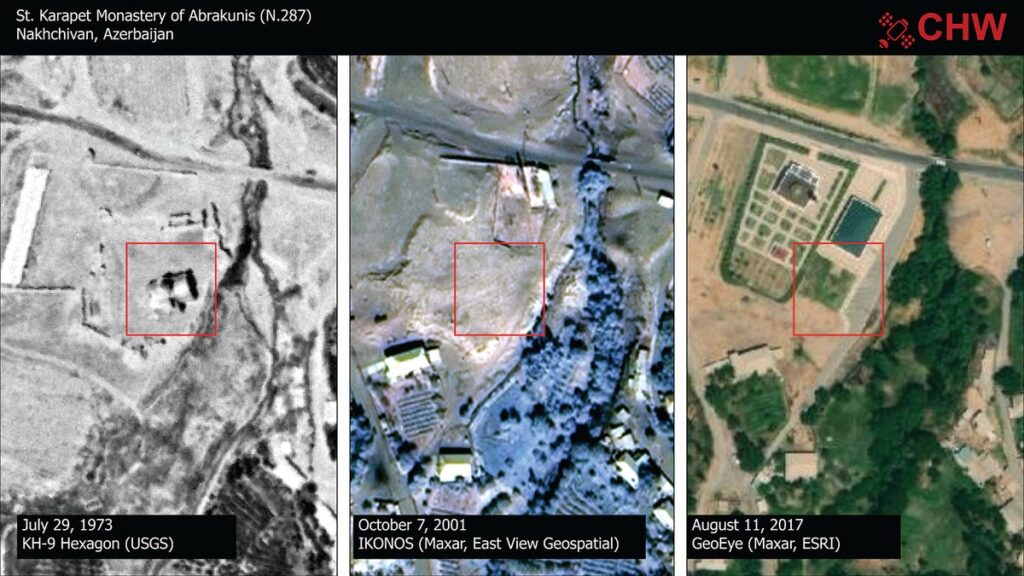
Driven by Fear from Nagorno-Karabakh
“Who Are We?” Maintaining Artsakhtsi Identity After Forced Displacement from Nagorno- Karabakh
By Aline Keledjian
“Losing everything one day”
September 21, 2023: “I just can’t describe what I feel when I go through this,” Mary Asatryan wrote on her Instagram story. She had uploaded a video of a makeshift bomb shelter in Artsakh. Families sat crowded together with nothing but their clothes and a few belongings. “Crying mothers, screaming children, praying grandmothers is all that you see and hear…I wish I was dead instead of witnessing this national disaster.”
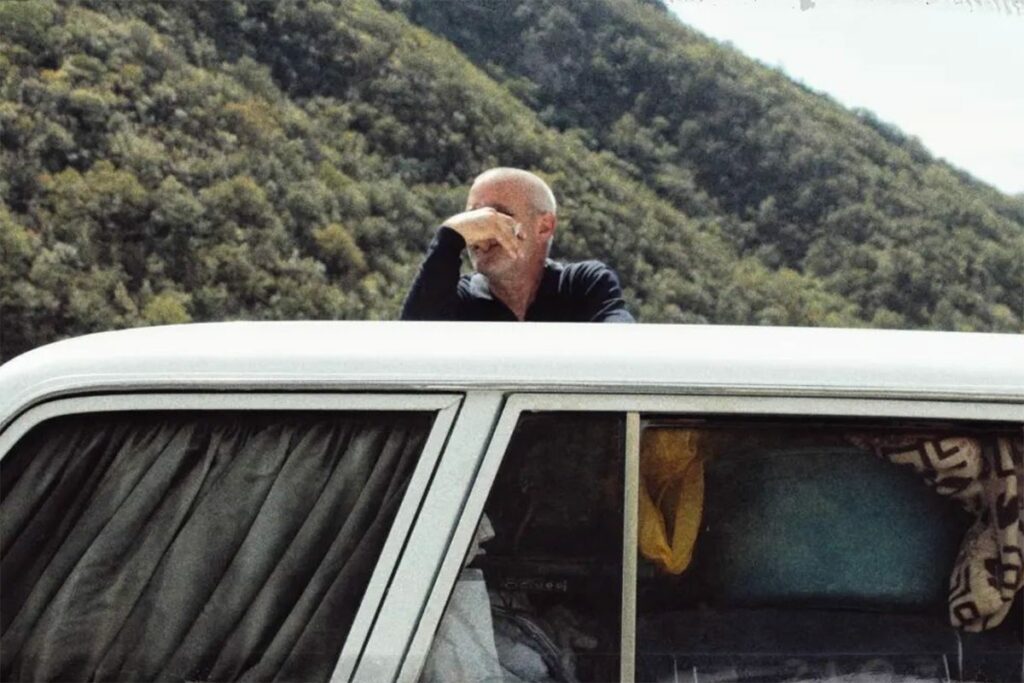
Photos of the Week

U.S. Secretary of State Marco Rubio meets the Armenian Patriarchateat the Church of the Holy Sepulchre on February 16, 2025.
Photo Courtesy of The Armenian Patriarchate of Jerusalem.

On February 10, Armenian Prime Minister Nikol Pashinyan attended a dinner at the Élysée Palace, hosted by French President Emmanuel Macron, and interacted again with U.S. Vice President Vance.
Photo Courtesy of press service of the Armenian government
Security
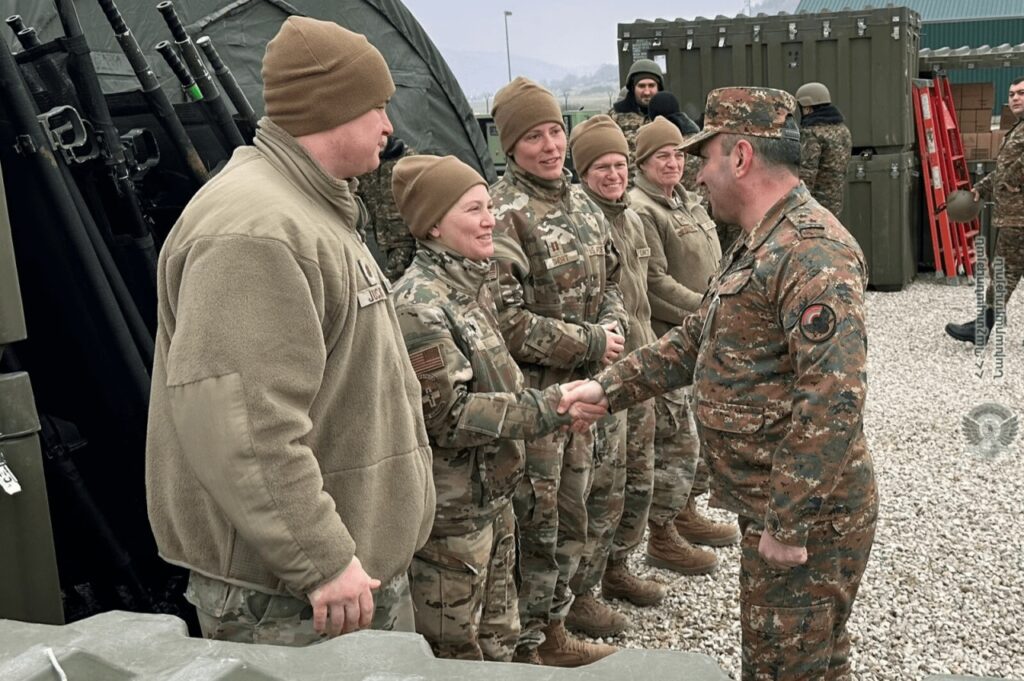
Armenian Military Police Joins U.S.-Led Combined Resolve 2025 Drills in Germany
For the first time, Armenian military police personnel are participating in the U.S.-led Combined Resolve 2025 multinational drills in Germany. Led by Colonel Gegham Pashikyan, a delegation from Armenia’s Ministry of Defense visited the U.S. military base in Hohenfels, where the exercises are taking place.
Armenian Army Chief Strengthens Defense Ties in Munich with U.S., Germany, and NATO Leaders
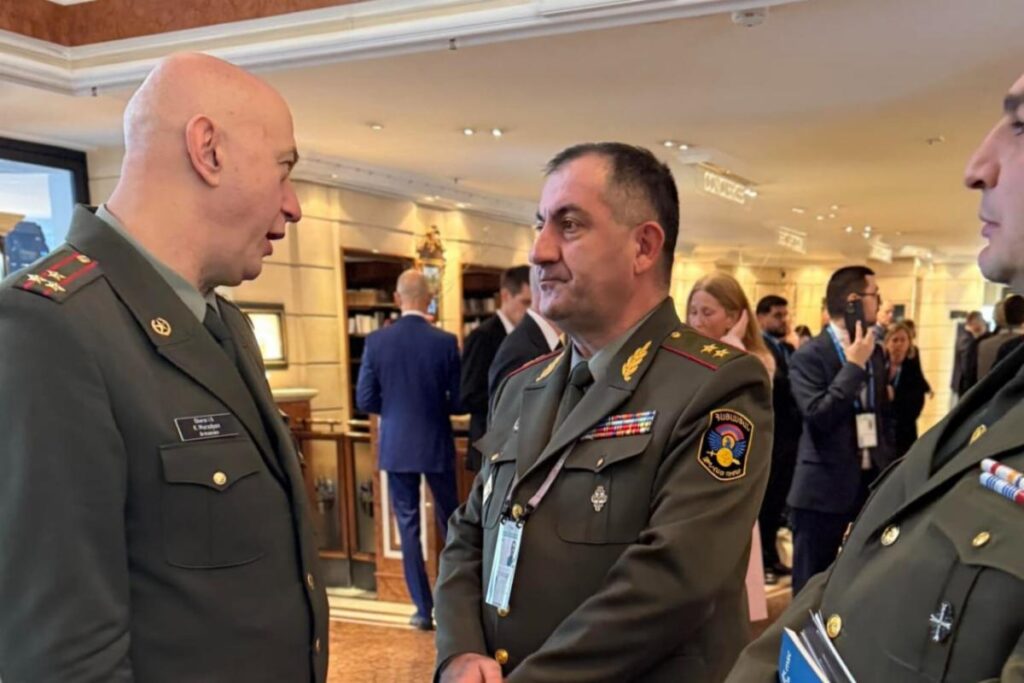
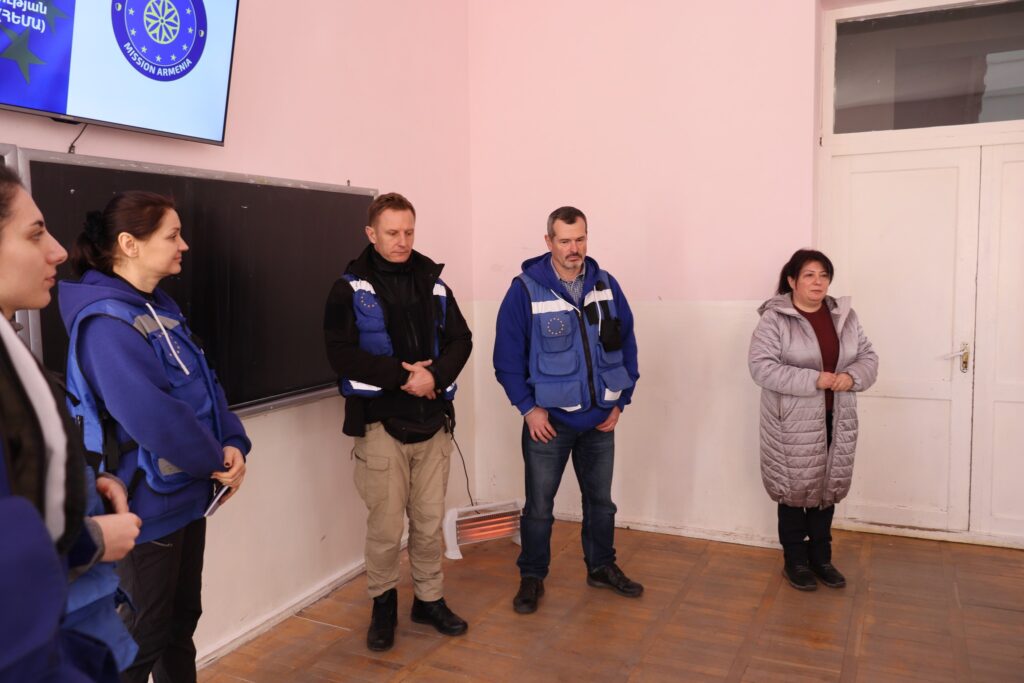
EU Observers Engage Armenian High School Students in Mission Objectives
Economy

Armenian Economy Minister and U.S. Ambassador Discuss Strengthening Trade and Investment Ties
Minister of Economy Gevorg Papoyan met with U.S. Ambassador Kristina Kvien to discuss deepening Armenia- U.S. economic cooperation. The talks focused on export diversification, investment opportunities, and expanding Armenian products—particularly wine—into the American market.
opinion
Trump’s Golden Opportunity to Stand Up for Human Rights
By Stephan Pechdimaldji
President Trump said that he wants to be a peacemaker and stop all wars during his second administration. He can begin by honoring his campaign promise to hold Azerbaijan accountable and stop the violence directed toward the Armenian people. There can be no peace without accountability. The world will be watching.

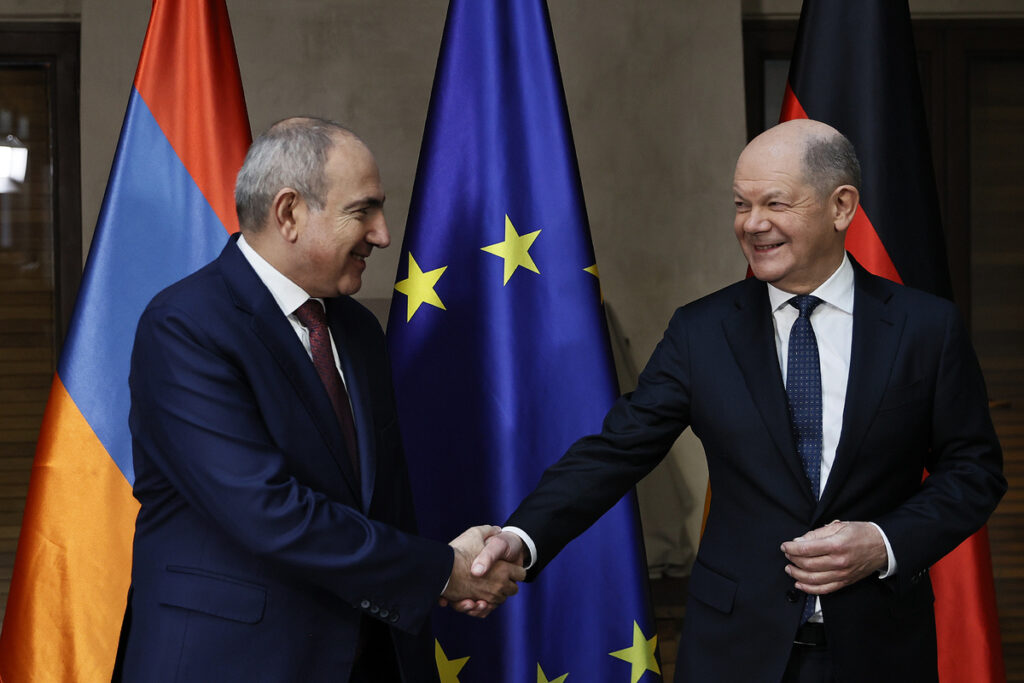
‘Armenia no Longer Seen as Russia’s Appendage’: Key Takeaways from Munich Conference
By Hayk Sukiasyan
For the first time, the Americans have granted Armenia this level of status in bilateral relations.
Armenia participated in the Munich Security Conference, no longer as a mere extension of Russia but as an independent state. The country now aligns itself with France, the United States, and India— a stark contrast to its status before 2018, when it was perceived as lacking sovereignty and seen as “Russia’s appendage.”
“Great Game” in the South Caucasus
By Stephan Malerius
Scarcely any other region is so directly impacted by the wars in Ukraine and the Middle East as the South Caucasus. It is as if they have plunged Armenia, Azerbaijan and Georgia into a permanent crisis mode, after years of “stagnant stability” had already been shaken in 2020 with the second Nagorno-Karabakh war. Since then, the South Caucasus has been in a state of unrest. The causes are complex, the landscape of players is confusing, and forecasts would require a crystal ball.

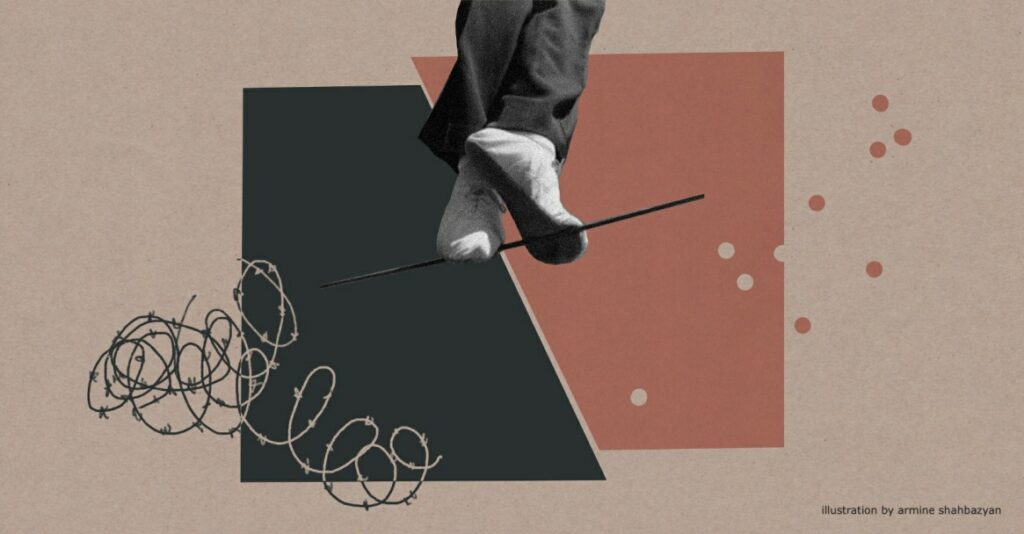
Investment Arbitration and Armenia: Policies, Risks and Opportunities
By Davit Khachatryan
Following Azerbaijan’s claims under the Bern Convention and the Energy Charter Treaty (ECT)—a case alleging Armenia’s exploitation of energy resources in Karabakh—it becomes evident how arbitration can serve as a strategic tool in broader geopolitics.
